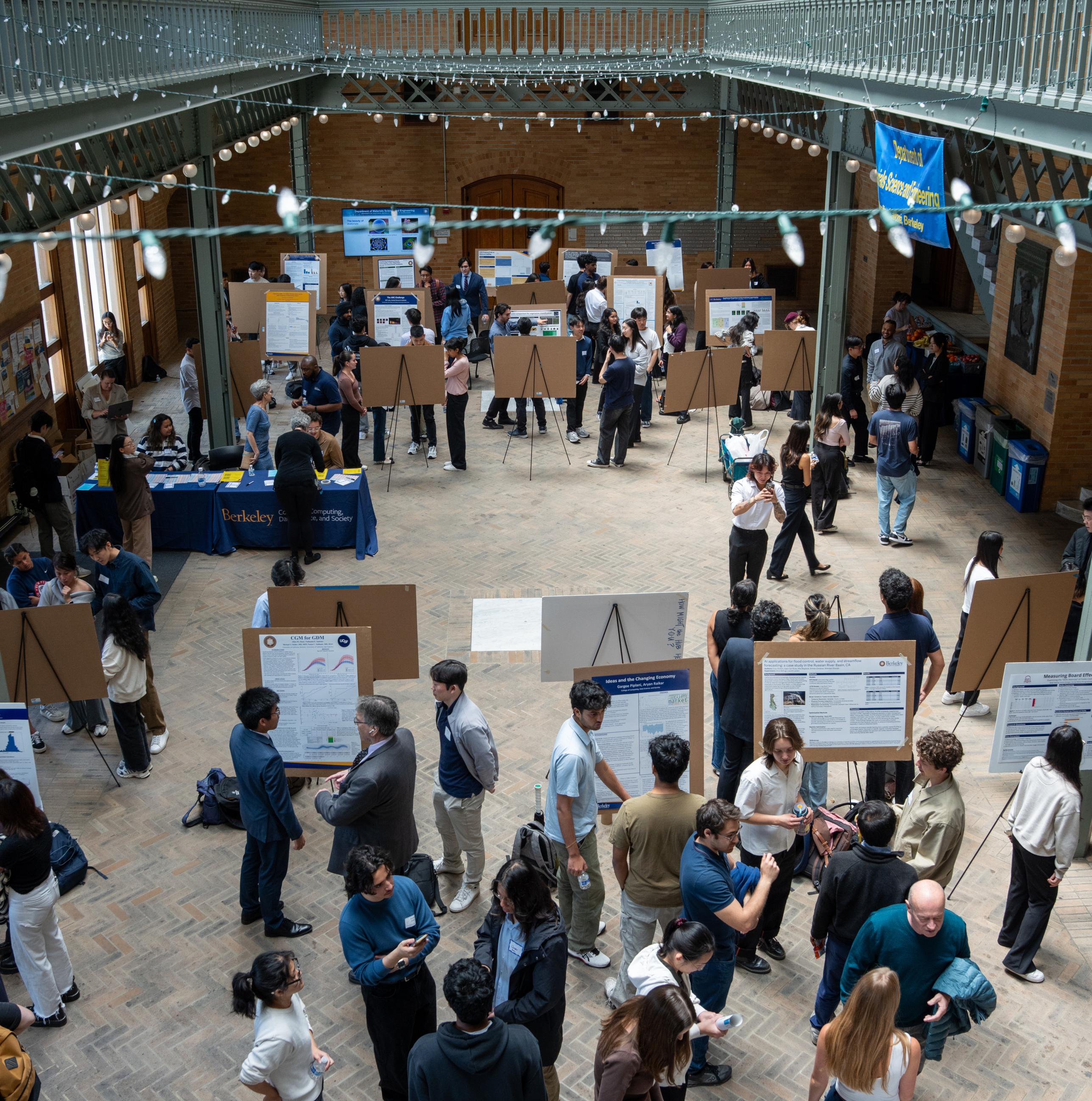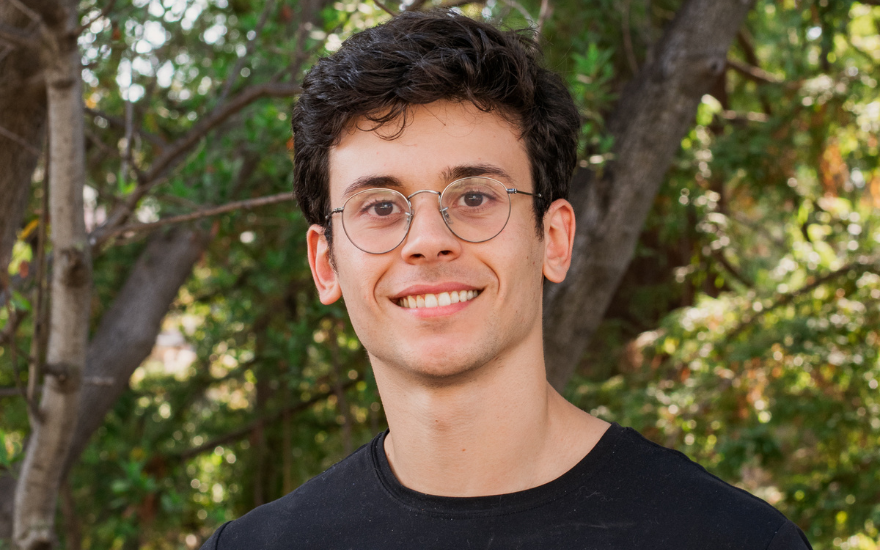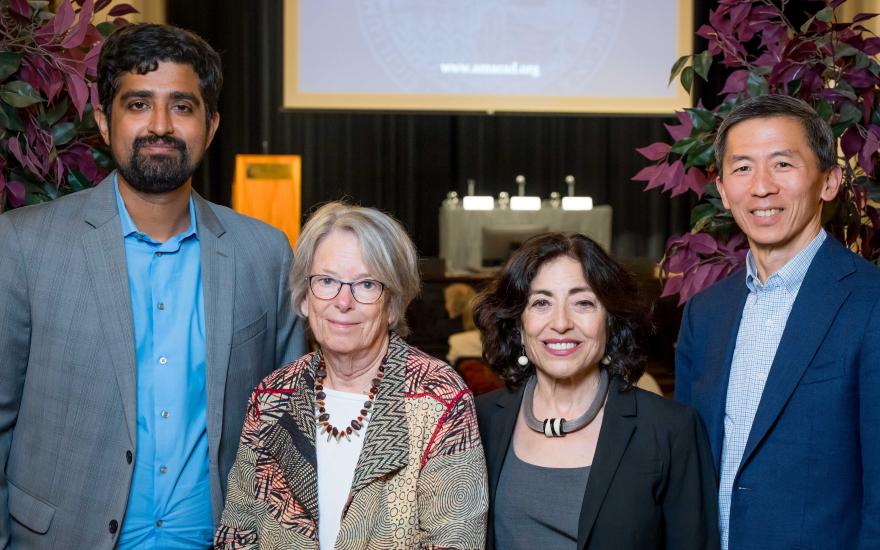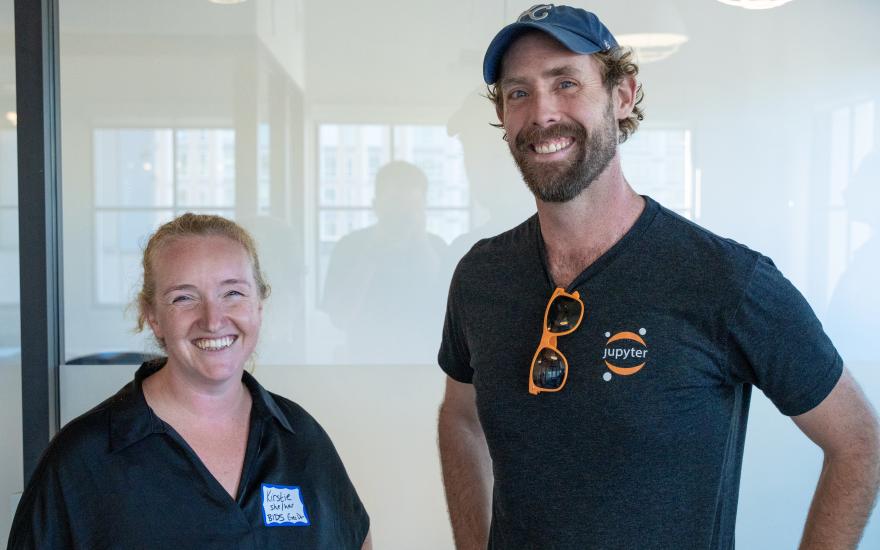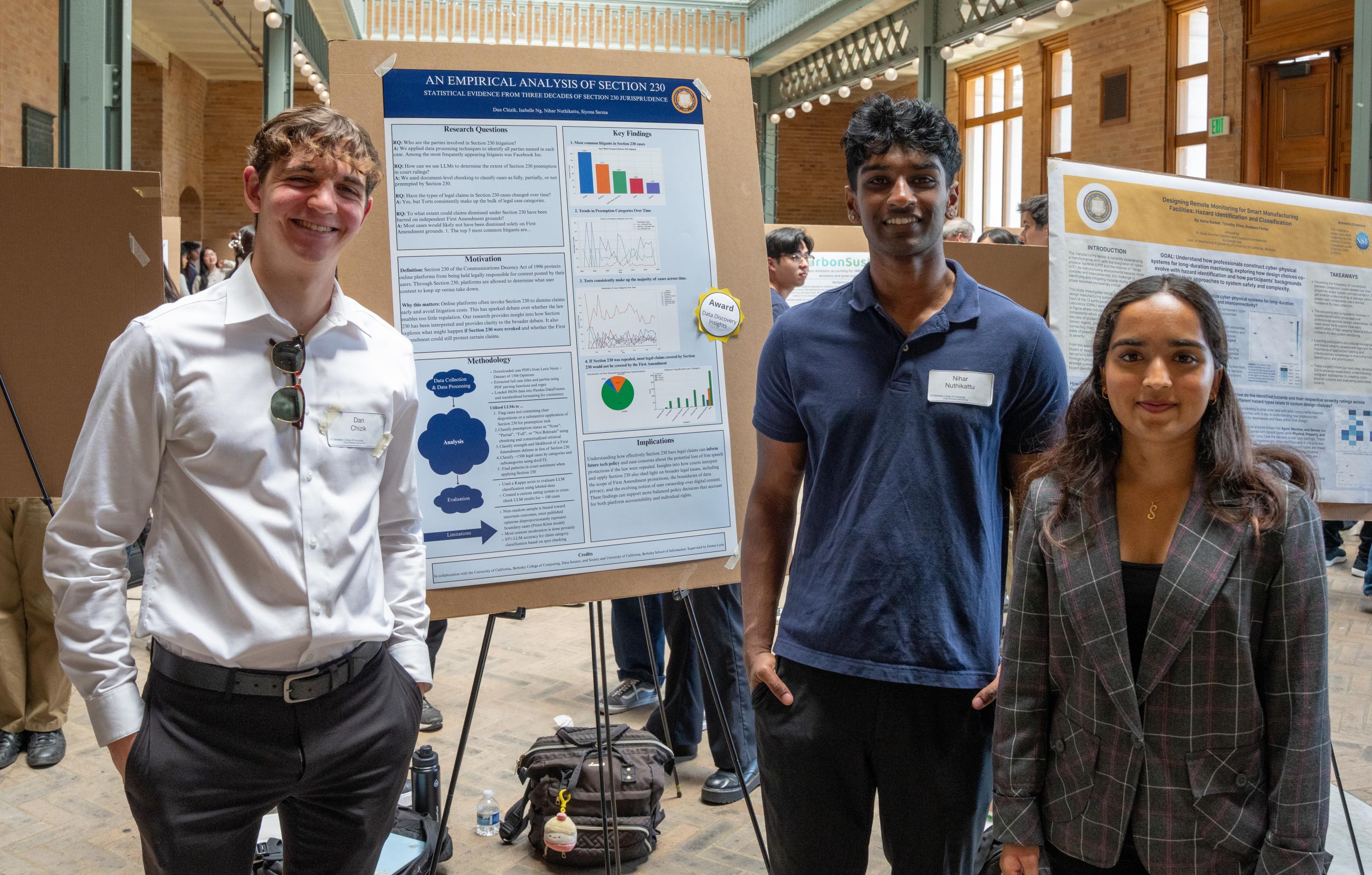
Nihar Nuthikattu’s initial interest in Section 230 was kindled by following U.S. congressional hearings that included testimony from CEOs at major technology companies. A junior majoring in data science and economics at UC Berkeley, Nuthikattu said he was struck by “the stark asymmetry in technical acumen between lawmakers and digital platforms.”
Years later, Nuthikattu was considering potential research projects among the many options available to undergraduate students as part of the CDSS Data Discovery program.
He applied to participate in a project analyzing how courts interpret Section 230, a federal statute enacted as part of the Communications Decency Act. The law has been the source of frequent public debate due to the protections it provides online platforms and users, for example in the moderation of social media content.
“I chose this project to examine the legal foundations of platform immunity, particularly Section 230, and its implications for accountability, governance and innovation in today’s socio-technical landscape,” Nuthikattu said.
On May 7, nearing the completion of Berkeley’s spring semester, he was one of almost 200 student presenters, project partners and guests at the CDSS Data Science Discovery symposium and awards presentation on campus.
Nuthikattu was part of the undergraduate student team – along with freshman Dan Chizik, sophomore Siyona Sarma, and junior Isabelle Ng – that won the Data Discovery Insights award for their research poster presentation.
For their research project, the students worked with Emma Lurie, a Ph.D. candidate in the School of Information at Berkeley and a J.D. candidate at Stanford Law School, to analyze how courts interpret internet platform liability. They downloaded 1,300 legal decisions to uncover patterns in how Section 230 works in practice, using their skills in large language models (LLMs) and data analysis to extract and classify key information from legal opinions.
It was Lurie’s third time participating as a project partner in the CDSS Data Discovery program, and she recommended the experience for both undergraduate students and partners.
For 10 years, the CDSS Data Discovery program has helped incubate and accelerate research for over 1,000 projects. The program connects projects with talented undergraduate student teams along with project management and technical infrastructure support. Project partners include academic institutions, nonprofit organizations, government agencies and industry.
“I get to leverage the fresh perspectives and technical skills of Berkeley data science students while having the opportunity to help them develop as data scientists, collaborators and researchers,” Lurie said.
“Research projects allow students to develop their technical skills, navigate ambiguity that is hard to replicate in the classroom environment, and build collaboration abilities with teammates on both technical and non-technical tasks – skills that will serve them well regardless of their future career.”
Sarma, a computer science major, said her team’s members were “intrigued by the application of LLMs to legal analysis and brought that inquisitive and passionate mindset to each of our tasks.”
“This project really helped me see that natural language processing using large language models is a relatively new endeavor in the legal field,” Sarma said. She would like to continue exploring applications of LLMs to new areas.
